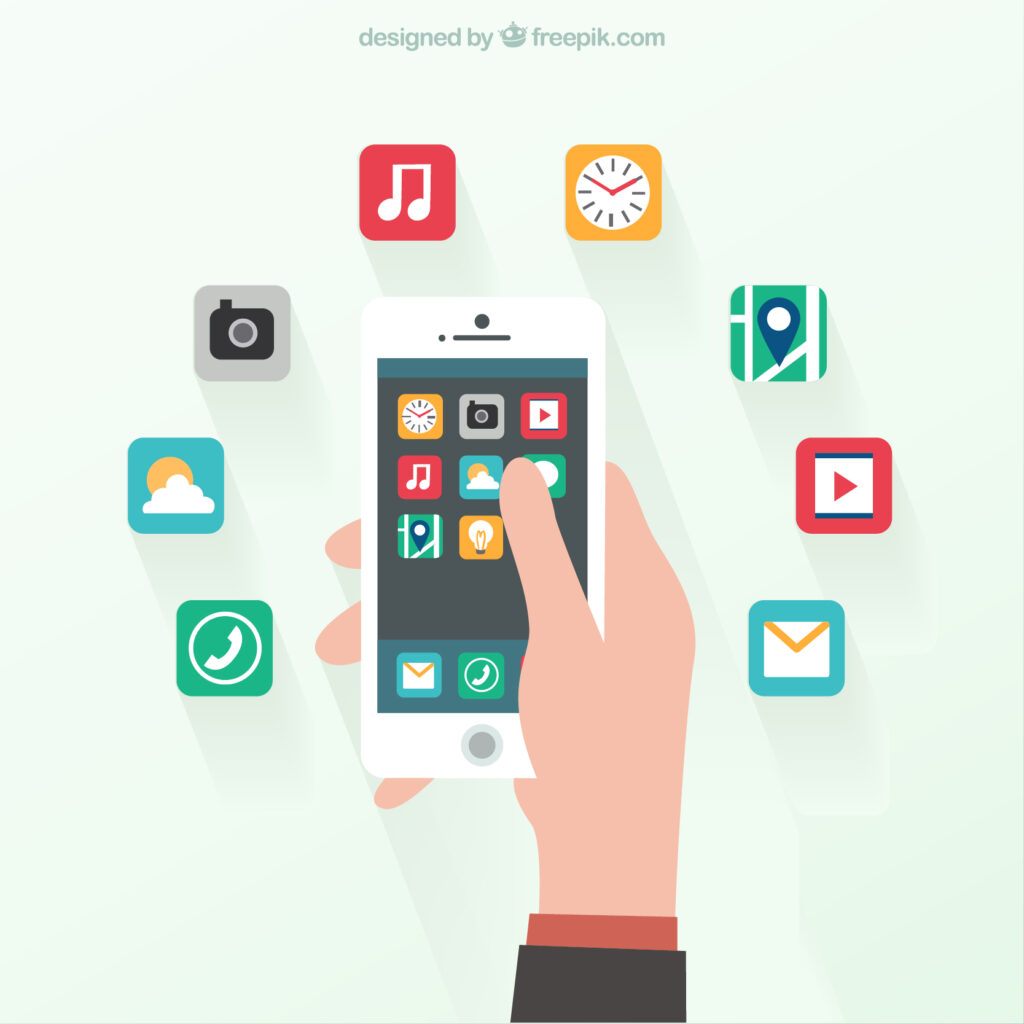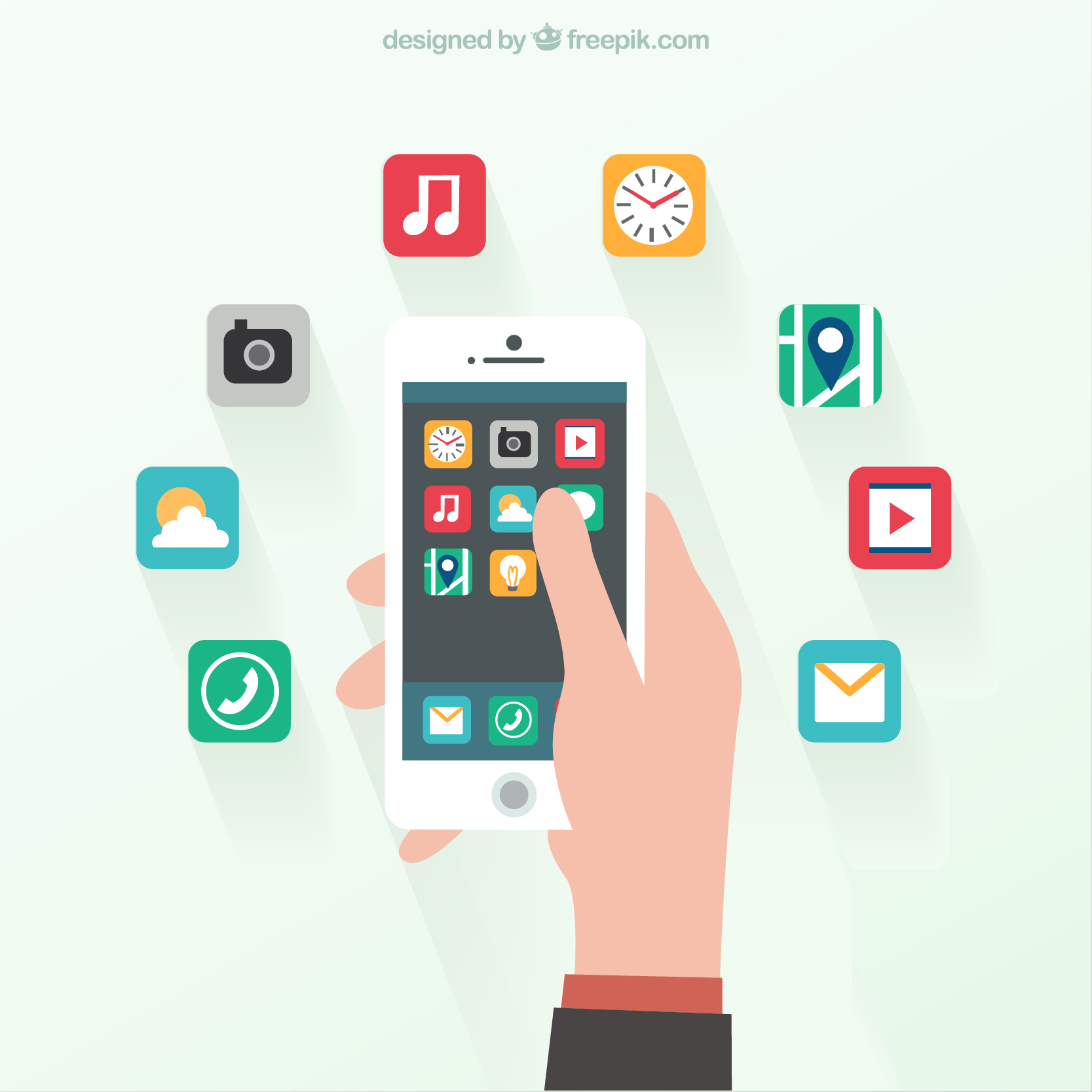In the not-so-distant past, mobile phones were merely communication devices with limited functionalities. However, with the advent of smartphones and the subsequent evolution of mobile apps, these handheld gadgets have transformed into indispensable tools that have revolutionized the way we live, work, and play. The evolution of mobile apps has been nothing short of extraordinary, propelling us from mere convenience to essential tools that have become an integral part of our daily lives. In this article, we will explore the remarkable journey of mobile apps and how they have evolved to become indispensable aspects of our modern society.

1. Emergence of Mobile Apps
The evolution of mobile apps traces its roots to the early 2000s when the first smartphones hit the market. These early devices, though limited in terms of processing power and connectivity, laid the foundation for the mobile app revolution. Early apps were primarily simple games, calculators, and basic utilities, providing users with a glimpse of the possibilities that lay ahead.
2. The App Store Revolution
The true turning point in the evolution of mobile apps came in 2008 with the launch of Apple’s App Store. This marked a significant shift in how apps were distributed and accessed. The App Store provided a centralized platform where developers could showcase and distribute their creations to a vast audience. Suddenly, the concept of mobile apps exploded in popularity, and users were introduced to a diverse array of applications, ranging from productivity tools to entertainment apps.
3. Android’s Influence
While the App Store revolutionized the app market for iOS devices, Android’s introduction to the market played an equally pivotal role. Google’s Android platform opened up opportunities for a wider range of manufacturers and developers, leading to increased competition and innovation. As a result, the evolution of mobile apps accelerated, with both iOS and Android app ecosystems flourishing side by side.
4. Integration of Mobile Apps into Everyday Life
As smartphones became more capable and internet access became widespread, mobile apps began to find their way into various aspects of our daily lives. From social media platforms to banking apps, mobile apps transformed into tools that streamlined communication, simplified daily tasks, and connected people like never before.
5. Mobile Apps for Productivity
The evolution of mobile apps went beyond entertainment and convenience. Developers recognized the potential of smartphones as productivity tools, leading to the creation of apps that allowed users to manage their schedules, collaborate on projects, and work on-the-go. From to-do lists to cloud storage services, these productivity apps empowered users to be more efficient and organized.
6. Mobile Apps in Education
The digital revolution extended its reach to the realm of education as well. Mobile apps provided new opportunities for learning, offering interactive and engaging educational content accessible to anyone with a smartphone. Students and learners of all ages could access a vast array of educational apps, helping them acquire knowledge and skills in a fun and flexible manner.
7. The Rise of E-commerce Apps
The convenience of mobile apps also reshaped the way we shop. E-commerce apps allowed users to browse and purchase products with just a few taps, eliminating the need to visit physical stores. The rise of mobile payments further accelerated the growth of e-commerce apps, as transactions became more secure and seamless.
8. Impact on Healthcare
The evolution of mobile apps even made a significant impact on the healthcare industry. Health and fitness apps enabled users to monitor their well-being, track exercise routines, and manage diets. Additionally, telemedicine apps facilitated remote consultations with healthcare professionals, breaking down geographical barriers and enhancing access to medical advice.
9. Mobile Apps for Social Change
Mobile apps have also become instrumental in promoting social change and humanitarian efforts. Crowdsourcing apps allowed people to participate in community projects and disaster relief initiatives. Furthermore, social advocacy apps amplified voices, driving awareness and mobilizing people for various causes.
10. Integration of AI and AR
With advancements in Artificial Intelligence (AI) and Augmented Reality (AR), mobile apps have taken on entirely new dimensions. AI-powered apps offer personalized experiences, predictive suggestions, and enhanced automation, while AR apps blur the line between the virtual and real world, enriching gaming, retail, and educational experiences.
Conclusion
The evolution of mobile apps has been a remarkable journey, transforming smartphones from mere communication devices into indispensable tools that permeate every aspect of our lives. From productivity and education to entertainment and social change, mobile apps have redefined how we interact with technology and with each other. As technology continues to advance, the future promises even more innovative and transformative mobile apps, further solidifying their status as essential tools in our increasingly interconnected world. As we eagerly anticipate what lies ahead, let us celebrate the incredible progress that has led us from the early days of mobile apps to the present era of indispensable digital companions.
Related Articles:
1. Mobile Applications and Their Importance in Our Daily Life
2. What is a mobile app (mobile application)?
3. 7 reasons why businesses need mobile apps




